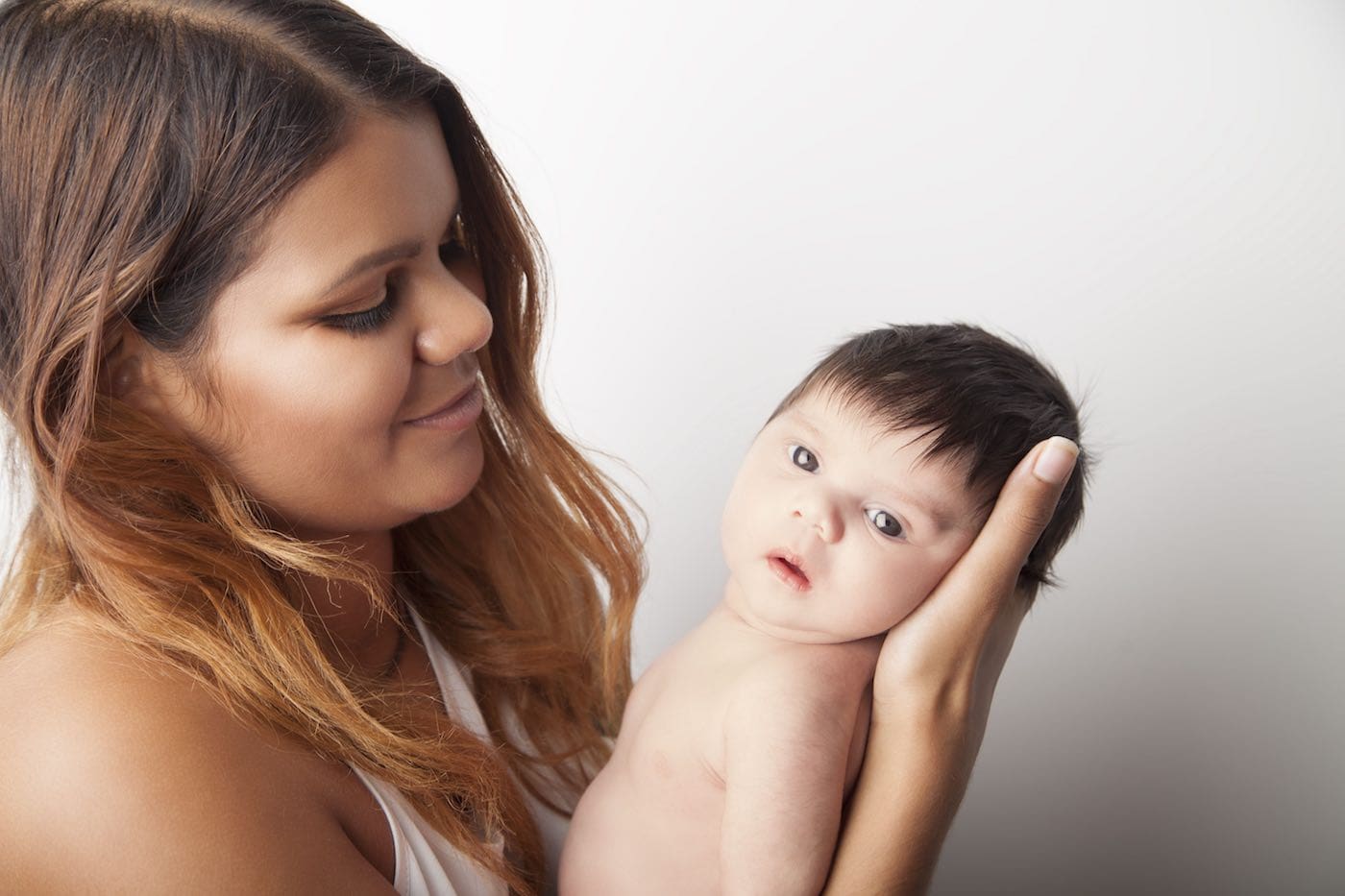What is antenatal and postnatal care? Antenatal care is about getting care and support from your health care workers while you’re pregnant. Postnatal care is about getting care and support in the first six weeks after you’ve had bub.
If you found out you’re pregnant, it’s important to visit your medical service as soon as you can. They’ll make appointments so you’re seeing someone regularly throughout your pregnancy. These appointments are called antenatal appointments or antenatal care. During your appointment, your health worker will talk to you about things like when your baby is due, your medical history, including any medications, tests you’ve had and previous pregnancies, your thoughts about the pregnancy and about yourself. The support you have at home and in your community. If you have any pain, bleeding or other worries,. And how to eat and be healthy for you and your bub, your birth plan and any advice about taking your baby home. Feeding them and they care for you and your baby.
If you’re thinking about Birthing on Country, it’s good to talk about the set your appointment so the health worker can give you information about how to keep you and your baby safe. After you’ve given birth, it’s important to make appointments to say a nurse or a doctor so they can check up on how you and your baby are doing. Or you might be contacted by a nurse who’ll make an appointment to come visit you at your home instead.
It’s good to see a nurse or a doctor when your baby is around five to 10 days old. And to see them again when your baby’s six weeks old. But if you or your baby aren’t doing well, don’t wait for these appointments, ask for help earlier.
At these appointments, you and your baby will get regular checkups to see how you’re both doing. This will include things like measuring your baby’s weight, length and head size. Checking your body to see if everything looks normal. Doing tests you might need like a cervical screen, yarning about how you’re failing and about the support you have at home and in your community. Talking about breastfeeding and discussing how to protect yourself from getting pregnant again too soon.
At these visits, she can ask any questions you have. Don’t be shy if there’s anything you don’t know or don’t understand. Your health care workers job is to help you and your baby to be healthy, strong and proud. It’s pretty common for mothers and fathers to experience feelings of anxiety or depression during pregnancy or after birth. You can talk to your doctor or nurse about it, or call the Panda helpline on 1300 726 306. This is a free service where you can speak to a counsellor and everything you say will be kept private. The counsellor can also tell you what services are available near you. This is a free service where you can speak to a counsellor and everything you say will be kept private. The counsellor can also tell you what services are available to you. If you have any other troubles like breastfeeding, or if you or anyone in your family has trouble sleeping, feels overwhelmed or needs reassurance talk with a nurse, midwife or Aboriginal health worker. They can help you stay strong and refer you to other services if there’s anything else you or your baby need. You might also be able to get help from community, family events, mothers groups and outings with elders groups.





